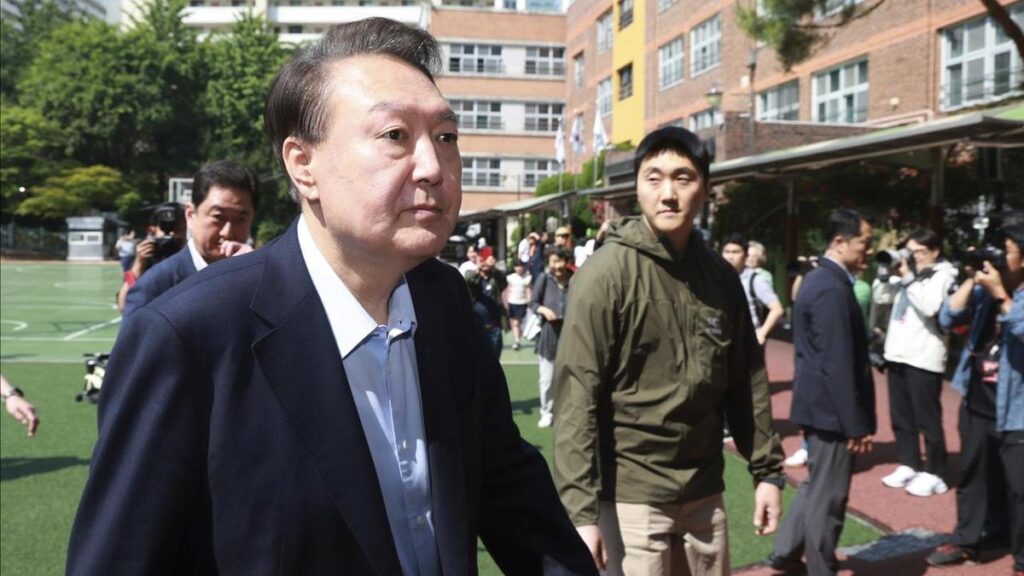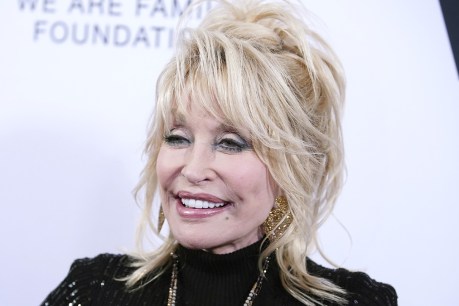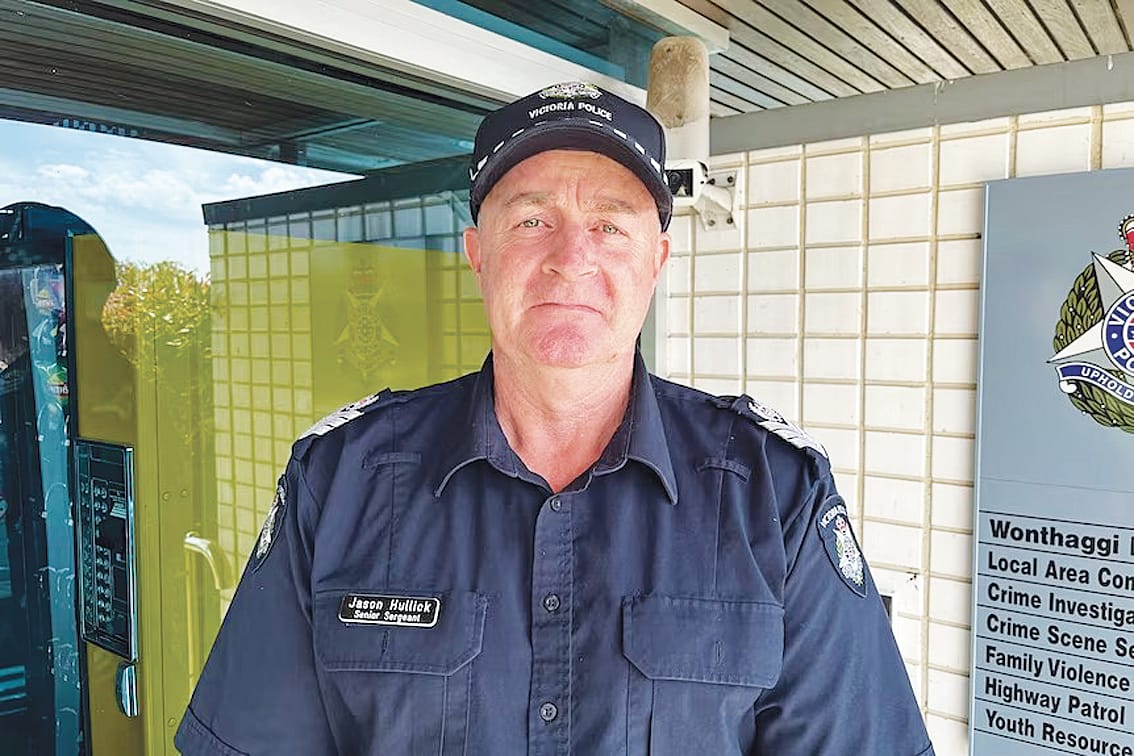
South Korean prosecutors have moved to detain former President Yoon Suk-yeol, citing allegations of “abuse of power and obstruction of justice.” This request marks a significant development in the ongoing investigation into Yoon’s tenure, which has been marred by controversy and legal challenges.
The prosecutors’ request was filed with the Seoul Central District Court, which will decide whether to issue a warrant for Yoon’s detention. The allegations against Yoon are part of a broader probe that has scrutinized his actions during his presidency, particularly decisions that allegedly overstepped legal boundaries.
Allegations and Legal Proceedings
The allegations against Yoon Suk-yeol stem from his time in office, during which he is accused of leveraging his position to influence judicial proceedings and obstruct justice. Prosecutors argue that these actions were not only illegal but also detrimental to the integrity of South Korea’s judicial system.
According to the prosecution, Yoon’s alleged interference in legal matters was aimed at protecting allies and undermining opponents. This has raised questions about the impartiality of South Korea’s legal institutions and the potential for political influence.
Historical Context and Political Climate
Yoon Suk-yeol served as South Korea’s president following the administration of Moon Jae-in. His presidency was characterized by a tough stance on corruption and a pledge to uphold the rule of law. However, his tenure was also marked by political polarization and contentious relations with the opposition.
Historically, South Korea has seen several former presidents face legal challenges after leaving office. Notably, former President Park Geun-hye was impeached and later sentenced to prison for corruption. This pattern of legal scrutiny reflects the intense political dynamics in South Korea, where leaders often face investigations once their terms end.
Expert Opinions and Public Reaction
Legal experts have weighed in on the potential detention of Yoon, with opinions divided on the implications for South Korea’s political landscape. Some argue that holding former leaders accountable is essential for maintaining democratic principles, while others caution against the potential for politically motivated prosecutions.
Professor Kim Hyun-soo of Seoul National University stated, “The decision to detain a former president is not taken lightly. It reflects a commitment to the rule of law, but it must be free from political bias.”
Public reaction to the news has been mixed, with some citizens expressing support for the legal process and others voicing concerns about political retribution. The case has reignited debates about the balance of power and the independence of South Korea’s judiciary.
Future Implications and Next Steps
The decision by the Seoul Central District Court on whether to detain Yoon Suk-yeol will be closely watched both domestically and internationally. A detention could set a precedent for future cases involving high-profile political figures, while a refusal might raise questions about the strength of the evidence presented by prosecutors.
Meanwhile, the broader investigation into Yoon’s presidency continues, with potential ramifications for other political figures and institutions. The outcome of this legal battle could influence South Korea’s political climate and its approach to governance and accountability.
As the nation awaits the court’s decision, the case of Yoon Suk-yeol serves as a reminder of the challenges and complexities inherent in balancing political power with legal accountability in a democratic society.







